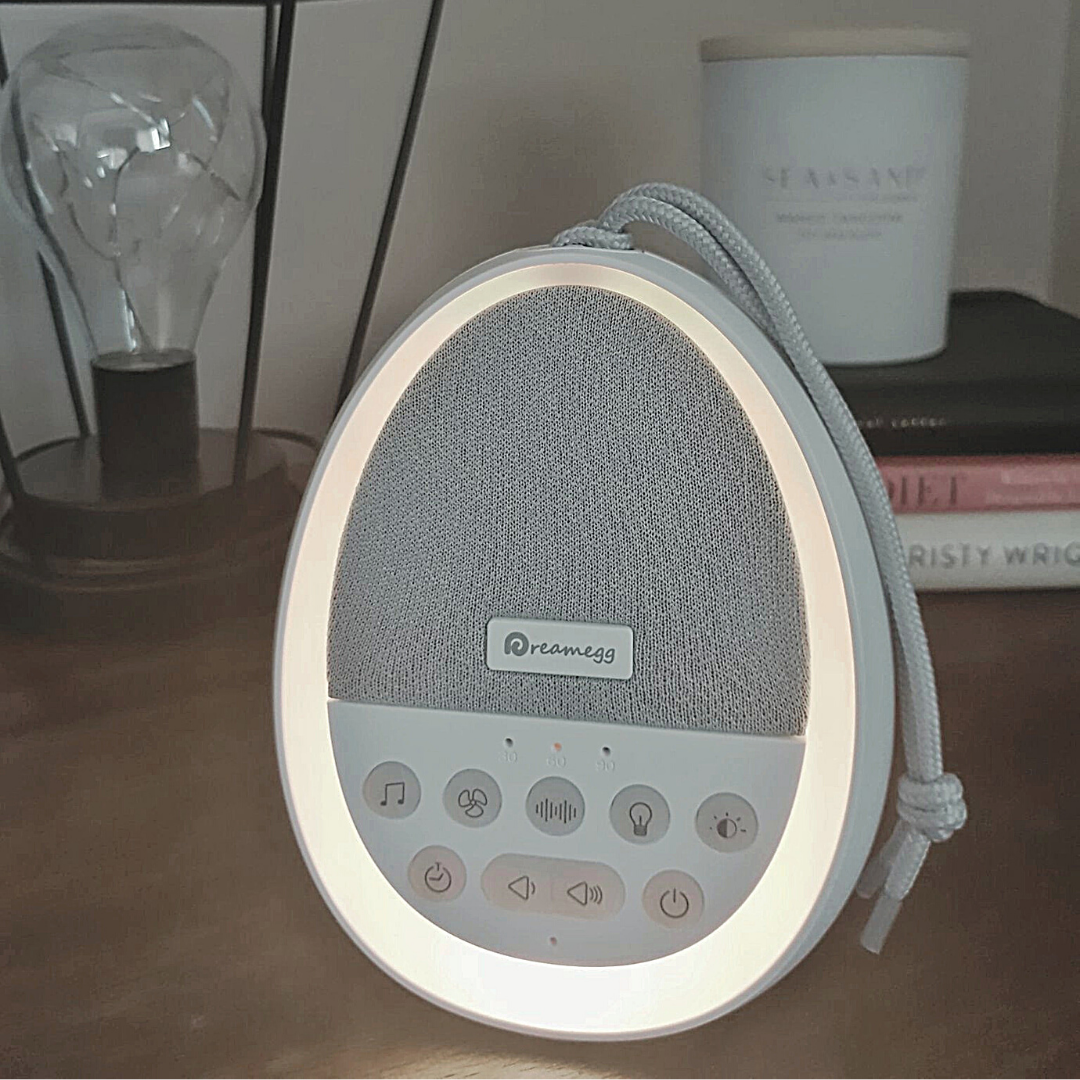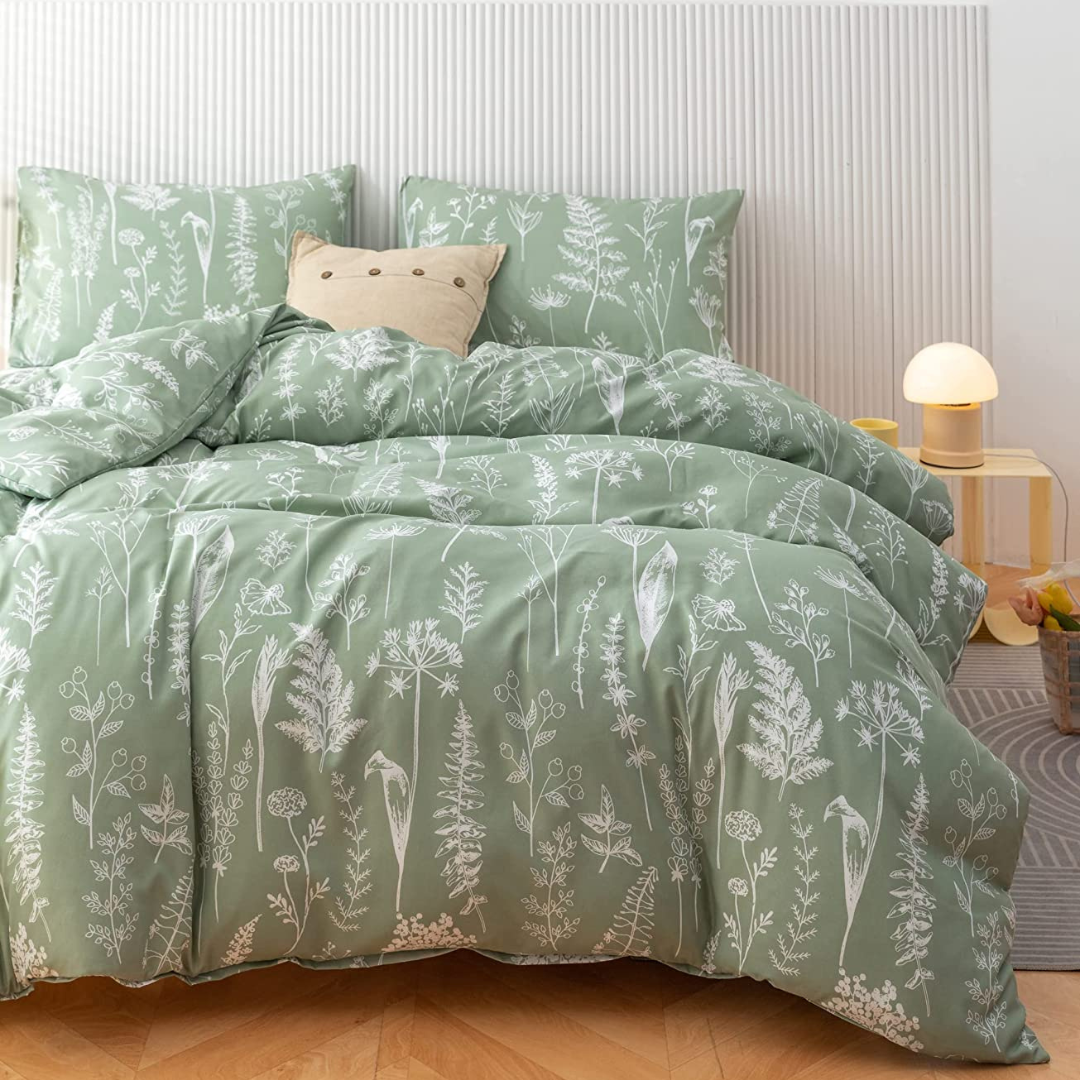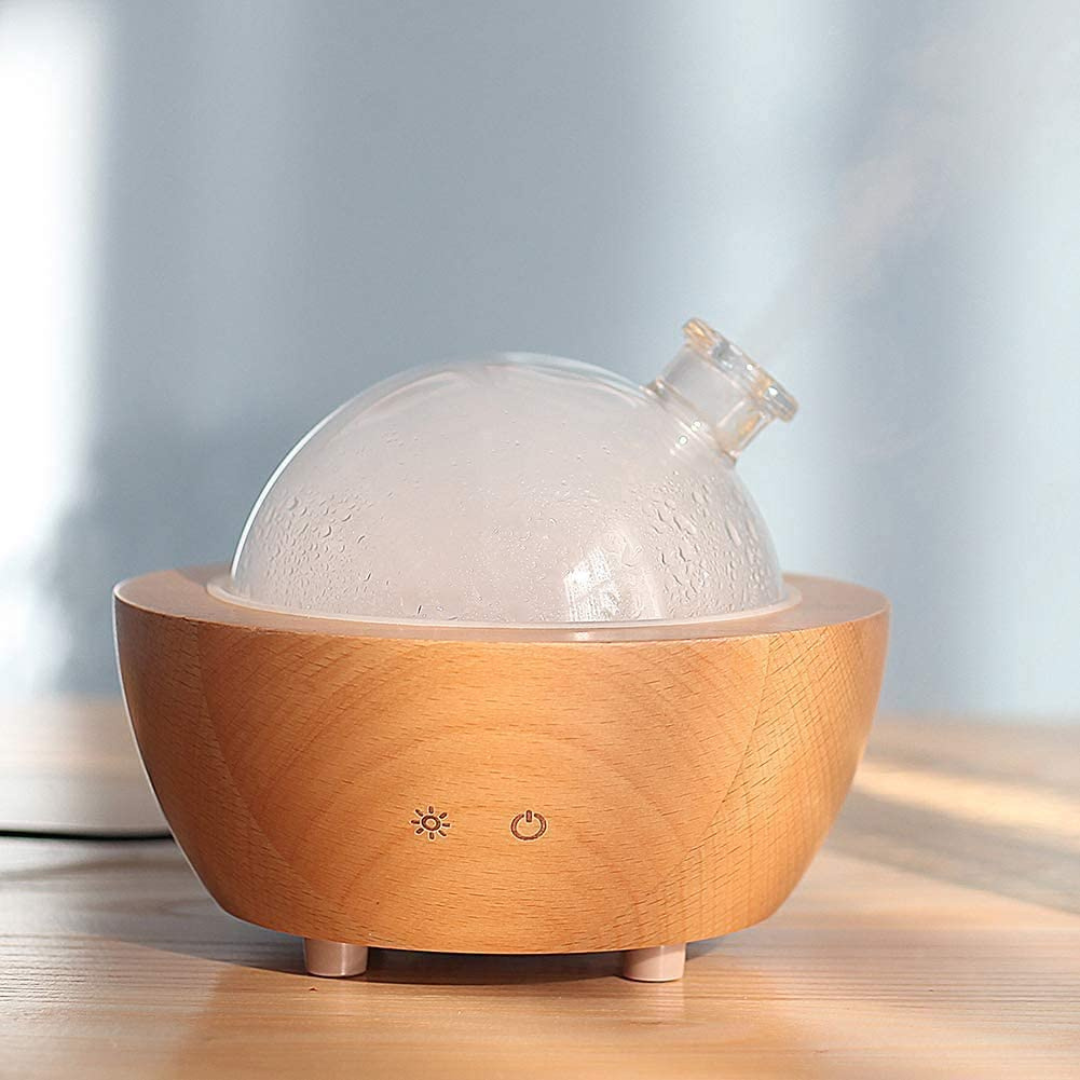|
|In some parts of the world, like the west or 'wet' coast of Canada, there can be a long and cold rainy season which can feel quite dreary to some, and cause others to develop a mental health condition known as Seasonal Affective Disorder which is also referred to, most appropriately, by it's short-hand: S.A.D.
S.A.D. is a type of depression that is situational in nature which means it is generally caused by environmental factors and typically occurs in the fall or winter months, when the weather is cold and there is a lack of sunlight.
This disorder can make a person experience prolonged sadness or an overall sense of feeling down and can cause a lot of issues with daily living. Even mundane tasks that once seemed simple may feel impossible to start, let alone complete.
This article will explore the possible causes of S.A.D., the symptoms associated with this disorder, as well as coping strategies to feeling better.
This article is not intended to diagnose or replace for professional support. If you or someone you know is concerned about their mental health, please reach out to a medical professional or counsellor in your area for more support. Causes
A possible cause of Seasonal Affective Disorder center around a lack of sunlight being absorbed into an individuals body which can cause issues including:
Other causes:
Read more about possible causes here. “Are the days of winter sunshine just as sad for you, too? When it is misty, in the evenings, and I am out walking by myself, it seems to me that the rain is falling through my heart and causing it to crumble into ruins.” ~ Gustave Flaubert SymptomsSome of the symptoms associated with S.A.D. can include:
Coping Strategies
Luckily, there are ways to prevent or reduce the symptoms of S.A.D. Check out the infographic above for some lifestyle tips on how to improve your mood including making sure to get regular exercise, expose yourself to sunlight, and maintaining proper nutrition.
Professional treatment for this disorder can include counselling, anti-depressant medication, and light therapy. Light therapy has been found to have surprisingly effective results in a short amount of time. Learn more about light treatment here. Sometimes, depression can happen for other reasons, including experiencing a loss, going through a big change like choosing a new career, retiring, chemical imbalances in the brain, and many other situations that can have a profound impact on a persons every day life. Sometimes, depression can just happen without any particular reason. MENTAL HEALTH RESOURCE VAULTGreat!Check your email for instructions on how to access the Mental Health Resource Vault. :)
Clinical depression is a mental health concern that is vastly different than just feeling sad or down, and this condition can have a significant impact on a persons life. It's important to remember that depression is treatable and taking steps to having more support with these concerns can help. Talk with your doctor, local health clinic, or a counsellor about your symptoms so you can find out more about your condition.
When in doubt, don't be afraid to go outside and splash around in some puddles (just don't forget your rain boots). Laughter and having fun can also release those 'feel-good' chemicals so that you can feel sunnier, even when the sun isn't shining overhead. More Resources
Other articles that discuss Seasonal Affective Disorder
References: www.mayoclinic.org, www.helpguide.org, www.mooddisorders.ca
*The links on this page may be embedded with affiliate links that I may receive compensation for at no additional cost to you.
2 Comments
3/16/2020 11:10:49 am
I'm glad to hear you have learned a few ideas on how to work through feelings that come up from experiencing SAD. Thanks for reading, Patti!
Reply
Your comment will be posted after it is approved.
Leave a Reply. |
Welcome to the blog!↓ That's me, Heather. :)
MENTAL HEALTH RESOURCE VAULTGreat!Check your email for instructions on how to access the Mental Health Resource Vault. Categories
All
Popular Posts// 25 Positive Mindset Quotes
// Self-Care Bullet Journal Spreads // 7 Ways Your Physical Health is Connected to Your Mental Health |
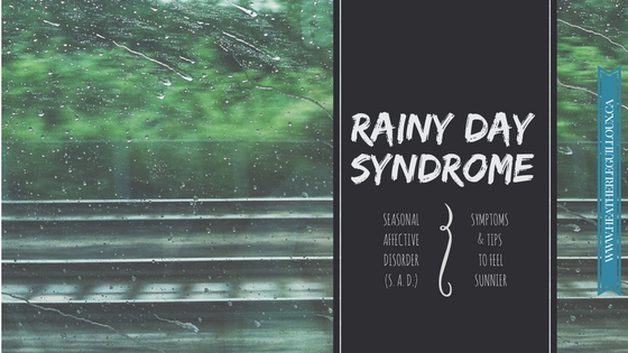
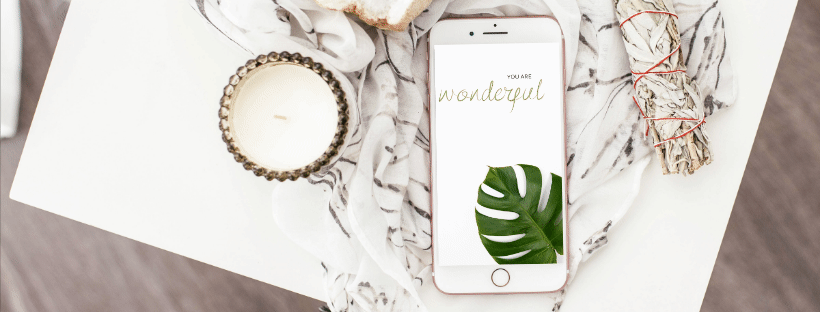
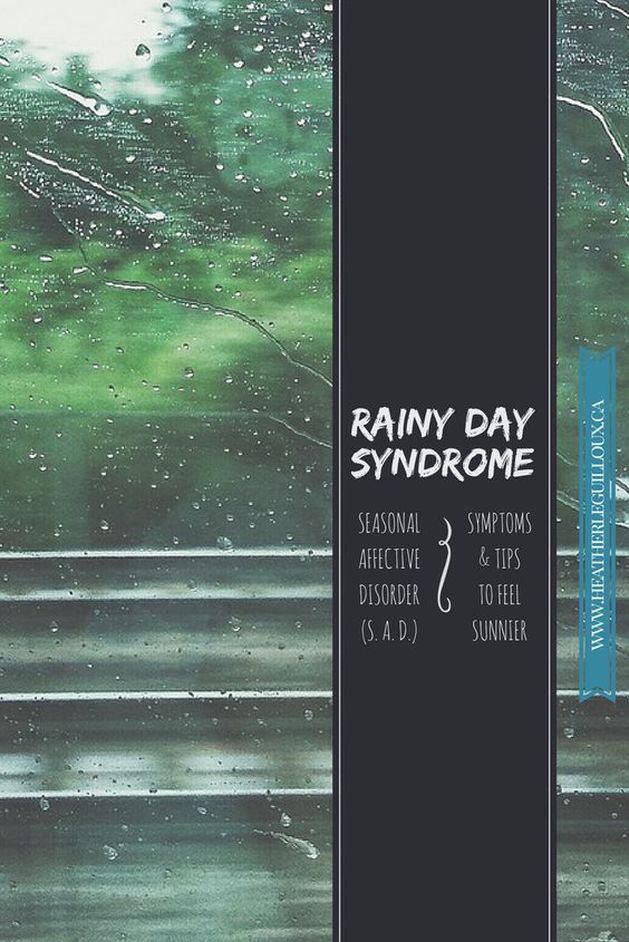


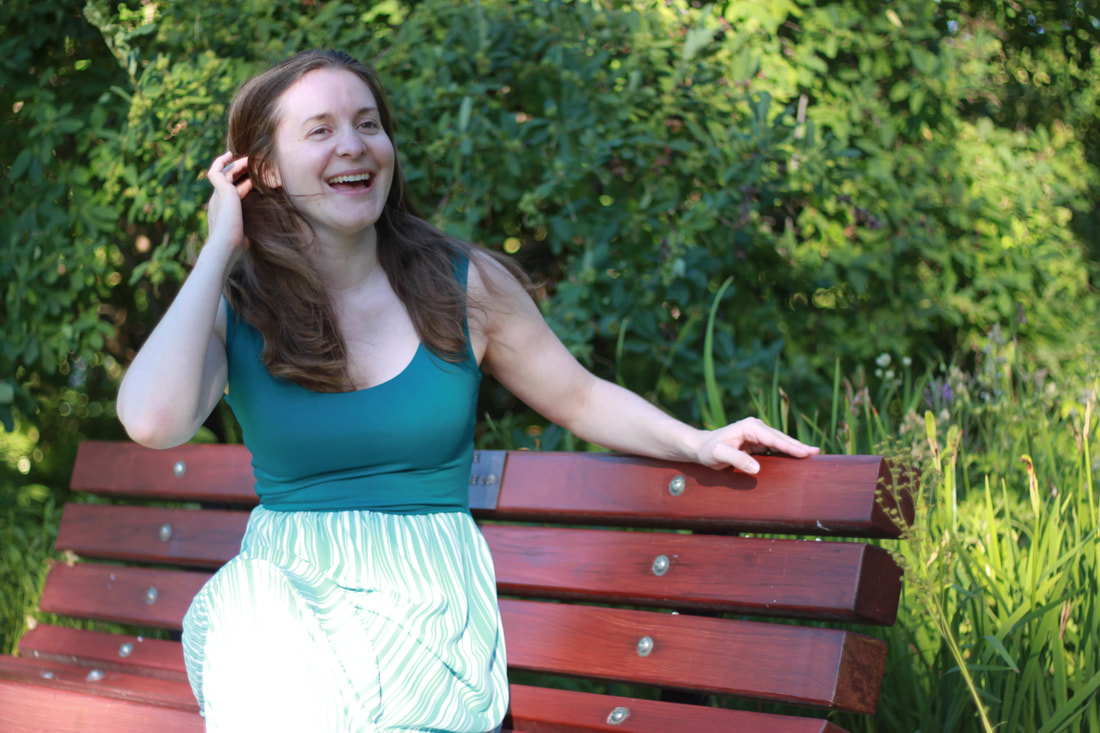
 RSS Feed
RSS Feed











